
Photo: Karl Allen Lugmayer

Photo: Karl Allen Lugmayer
The Texas sharpshooter fallacy is a common mistake in thinking that can really matter when it comes to ghost hunting. This fallacy occurs when differences in data are ignored while similarities are emphasised, creating a misleading impression of a significant pattern.
It gets its name from the idea of a sharpshooter shooting holes at random on the side of a barn, then painting a target around the closest cluster of holes to make it appear as though he's a good shot. In ghost hunting, this fallacy often comes into play when investigators focus on paranormal occurrences or evidence that fits their expectations while disregarding those that do not or times when no activity occurs.
For example, investigators might use an audio recorder to capture electronic voice phenomena (EVP), which are believed to be ghostly voices that are not heard at the time by the naked ear. During an EVP session, which could last anywhere from a few minutes to over half an hour, the investigators ask questions aloud and encourage any spirits that might be present to respond via the audio recorder.
Upon reviewing the recording, they might find that, despite numerous questions, only one appears to have elicited a response in the form of an EVP. Here, the Texas sharpshooter fallacy might lead investigators focus on this single instance where their question generated a response, while ignoring all other instances where there was no response or the responses were unclear.
Electromagnetic field (EMF) meters and REM-Pods are also frequently used by ghost hunters and are susceptible to the same kinds of fallacies. EMF meters detect fluctuations in electromagnetic fields, which some believe to be signs of a ghostly presence. Similarly, REM-Pods are designed to alert users to changes in the proximity around the device, possibly indicating a paranormal entity. During an investigation, ghost hunters might call out to any spirits that might be present and encourage them to show their presence by interacting with the equipment, such as by making the device light up or beep.
However, even if most attempts to elicit a response result in no reaction, ghost hunters may focus on the few instances where there is a response. This selective attention, much like the behaviour of the Texas sharpshooter, focuses on the "hits" and disregards the "misses," potentially leading to misleading conclusions about the presence of paranormal activity.
In a less technology-dependent investigation, the fallacy might be relevant when investigators ask spirits to show them a sign that they are present, perhaps through making a knock, bang, or other sound, or by moving an object.
The Texas sharpshooter fallacy is similar to another psychological principle, the expectancy effect, which also relates to how bias can affect ghost hunts. While the Texas sharpshooter fallacy refers to selectively focusing on evidence that supports a paranormal conclusion, the expectancy effect is more about how a person's expectations can influence their perception and behaviour. For example, if ghost hunters expect to find evidence of paranormal activity at a location, they might unconsciously interpret ambiguous sounds as significant, believing them to be ghostly interactions.
In theory, investigators with an awareness of the Texas sharpshooter fallacy should equally consider instances of activity as well as inactivity in order to maintain a balanced and unbiased perspective. By acknowledging all the results, ghost hunters can better evaluate whether the evidence really supports paranormal activity or if it's just random occurrences that they've selectively highlighted.
However, the reality is often more complex. The occurrence of a single response in ten attempts doesn't necessarily discount the possibility of paranormal activity, just as it doesn't confirm it. For example, if you called a stubborn dog ten times and it only obeyed the tenth request, that doesn't mean the dog didn't understand the first nine requests - it's possible the dog understood each command but chose to respond only once. Similarly, if a ghost hunting tool like a REM-Pod responds on just one occasion, it could be interpreted in several ways.
One interpretation might be that a spirit is present and only chose to interact or was only able to interact at that specific moment. Many researchers believe that paranormal activity isn't always consistent or predictable. Alternatively, the response could have a non-paranormal explanation, such as electronic malfunctions, environmental influences, or even user error.
A single interaction, like an EMF meter spiking or a REM-Pod activating, might not definitively prove the existence of paranormal phenomena. Equally, a lack of response doesn't necessarily disprove it either. This is where understanding biases, such as the Texas sharpshooter fallacy, becomes important. By focusing only on the instances where ghost hunters get the responses they expected and ignoring those where they do not, they may jump to misleading conclusions. Maintaining an open yet skeptical approach to each piece of evidence allows for a balanced perspective.
More Essential Parapsychology
See All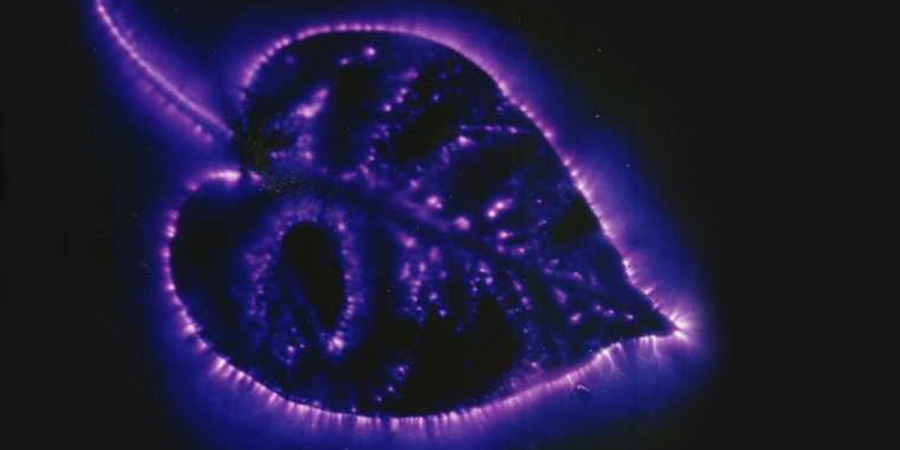
ArrayOctober 11, 2024
The Reality Behind Kirlian Photography’s Glowing Auras

ArrayOctober 07, 2024
Could Retroactive Psychokinesis Allow Us To Influence The Past?

ArrayOctober 05, 2024
What Spontaneous Cases Are & Why Parapsychologists Research Them
Learn With Higgypop
Hosted by Paralearning in association with Higgypop, these courses on ghost hunting, paranormal investigations, and occult practices draw on the experience of our team of paranormal writers.
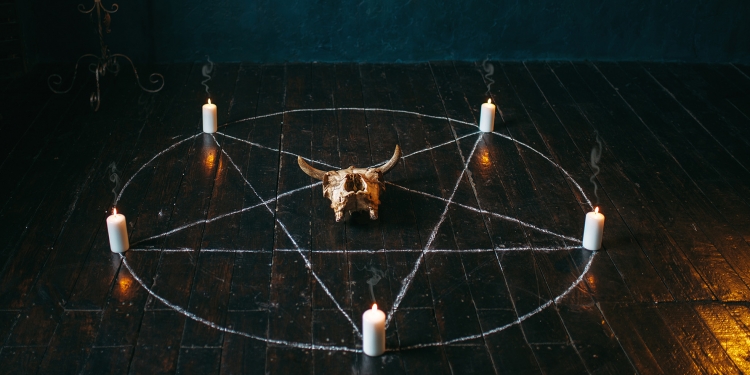
Diploma In Modern Demonology For Paranormal Investigators
This course gives you practical and useful knowledge of ghost hunting and paranormal research, which is invaluable when conducting your own paranormal investigations or as part of a group event.
View Course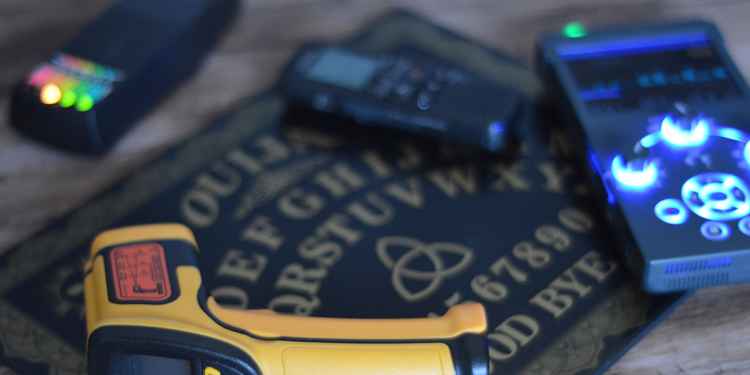
Diploma In Practical Ghost Hunting & Scientific Analysis
This course gives you practical and useful knowledge of ghost hunting and paranormal research, which is invaluable when conducting your own paranormal investigations or as part of a group event.
View CourseMore Like This
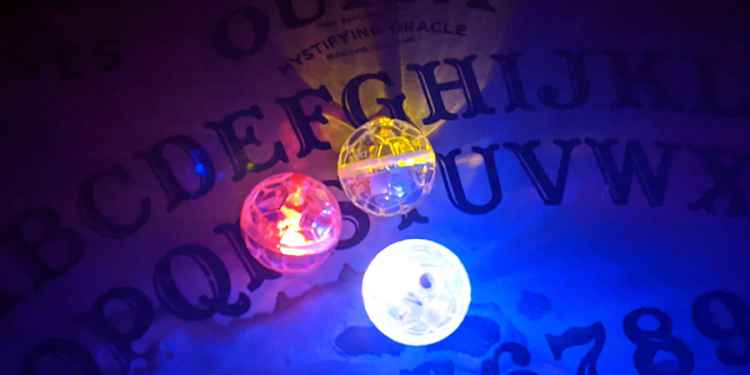
Ghost HuntingJanuary 26, 2025
These Are The Ghost Hunting Gadgets You Should Avoid If You Want To Be Taken Seriously As An Investigator
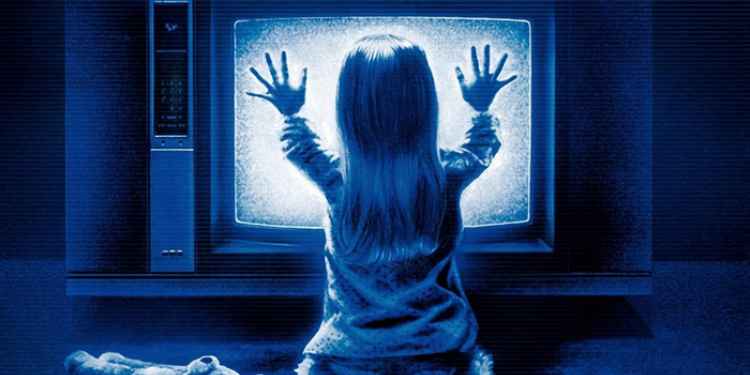
GamesDecember 09, 2024
Poltergeist Quiz
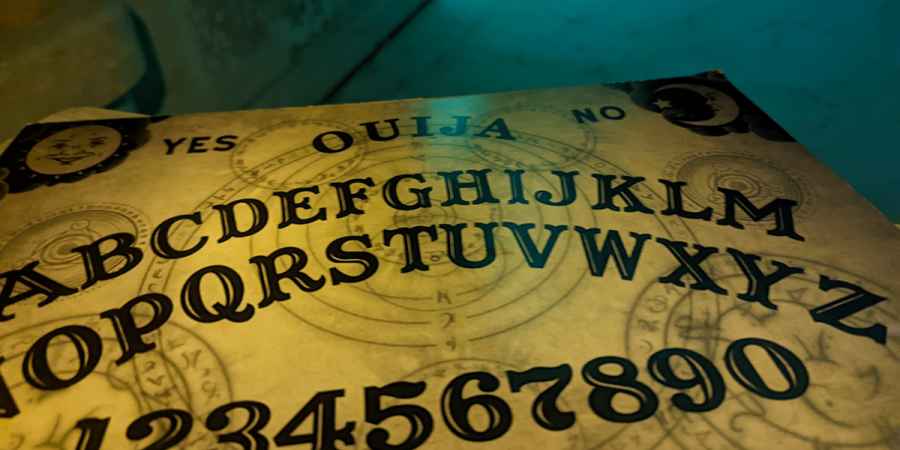
GamesDecember 08, 2024
Ouija Board Trivia Challenge
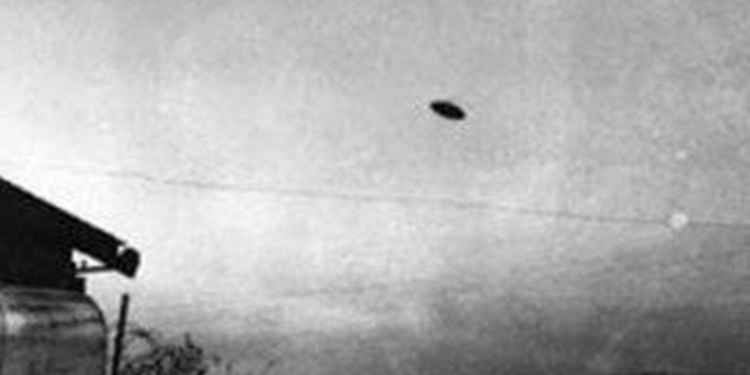
GamesDecember 04, 2024
Fakes, Hoaxes & Debunked Paranormal Claims Quiz
 See More on Audible
See More on Audible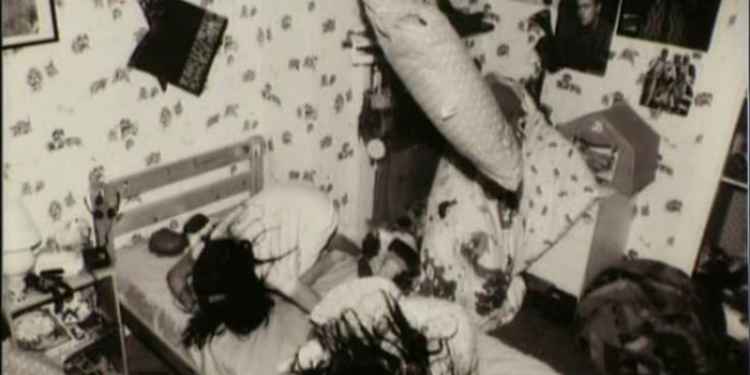

Comments
Want To Join The Conversation?
Sign in or create an account to leave a comment.
Sign In
Create Account
Account Settings
Be the first to comment.